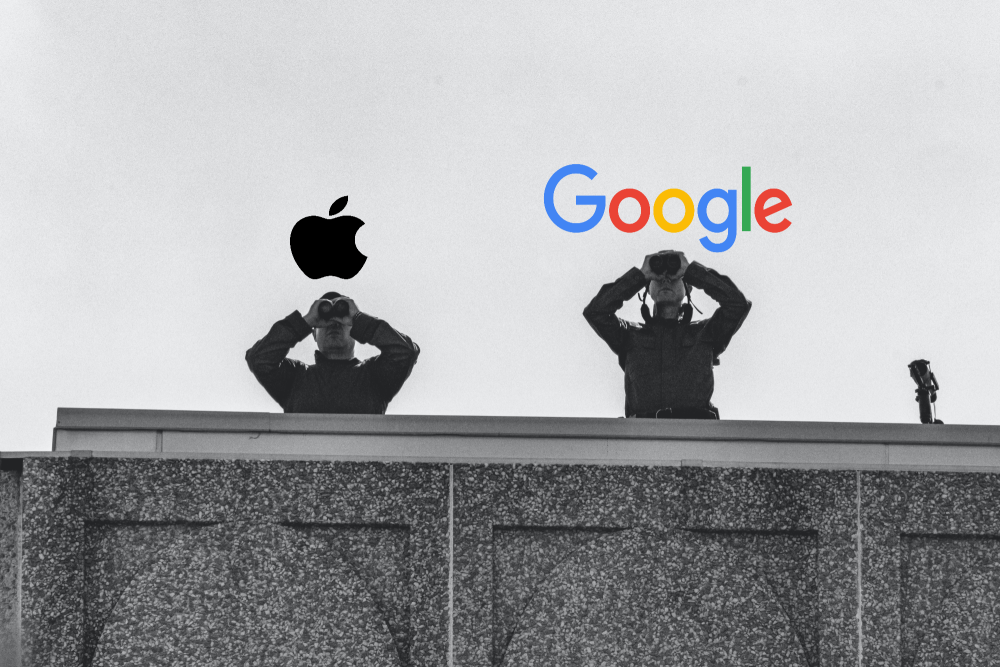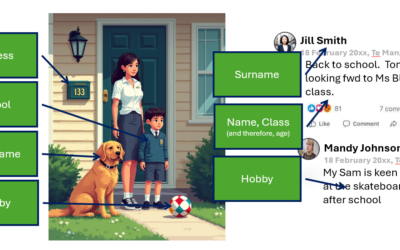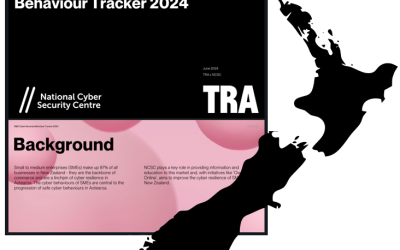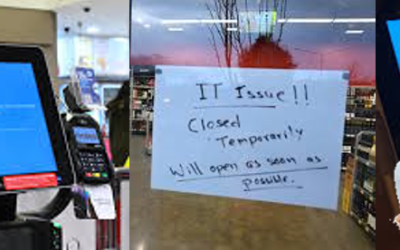Your own personalised stalker
It always seemed slightly creepy that your computer shows advertising that is strangely accurately targeted at things you might have been interested in. On the surface, that seems quite useful. If you have to tolerate ads on your screen, at least having them show things you were interested in seems helpful.
Instead, we wonder how the system knows. It feels like a breach of our privacy.
It all starts when you install an app, and it pops up a question asking for permission to use your location, and/or your camera and/or your microphone.
This is useful for advertisers. For example, they can use your location. If the app reports this back to the content provider, they can match up your location and compare you to other people nearby. If you tend to go to the same places as other people, you are probably interested in the same things, so an advertiser might use that assumption to present advertising to you, or other people that you spend time with.
That does sound a bit overreaching, but we reluctantly agree to the presented terms simply because we want to use the app. If that is a condition of use, and we want to use the app, then we agree.
So, now we are seeing consumers getting the choice to push back.

Apple
Now, with iOS15, Apple are saying that you will get to see what apps are accessing your data. You will be able to see when an app used that permission, and there it was sent to. Whether that list of third party sites is any use or not is meaningful is unclear.
Not quite as advanced but following quickly behind is Google Android. With Android 12, you will have the option to de-personalise your data. They will still track usage, but won’t link it back to you.
Is there any truth to the rumour that your phone or TV is listening to you, and presented content based on private conversations it overhears?
Given how poor the voice recognition is on phones , cars, or tools like Alexa or Siri, its pretty evident this can’t be reality. If it, is, then heaven only knows what it thinks it’s hearing. The voice recognition tools are getting better all the time, but there is a long way to go.
That day when a Kinetics client DIDN’T get hacked.
We’ve just wrapped up a security investigation for one of our amazing clients. All of our clients are amazing, but as you read this story, you’ll see why we’re especially proud of this client. We’ve anonymised it out of respect, although this story reflects really...
The Hidden Dangers of Oversharing Family Photos on Social Media
In today's online age, sharing family photos on social media has become a common way to stay connected with loved ones and document precious moments. But beware of ‘Oversharing’ There is a huge danger that this seemingly harmless activity can expose you and your...
TEN things the government says you need to know about your cyber-security defence
Regular readers will be a little tired of hearing us talk about cyber-risk and the threat of hackers. You'll forgive us a little because we see the impact when events happen, and we spend our days protecting our clients to keep them safe. But we're just a tiny cog...
What do Microsoft’s Upcoming 2025 Security Enhancements for Windows mean for you?
In response to the significant CrowdStrike meltdown last summer, which exposed some critical vulnerabilities in the Windows platform, Microsoft is set to introduce a series of further security updates in 2025. The meltdown, caused by a flawed update, led to widespread...
The Implications of Using ChatGPT (free gen-AI tools): An instructive Case Study from Australia
Recent news from Australia In a recent investigation, the privacy regulator in the state of Victoria has imposed a ban on the use of ChatGPT within a government department. This case highlights the dual nature of Generative AI (GenAI) tools, which offer significant...
Oh no, the worst has happened! Now what?
When we talk to people about the different risks that their organisation might face, one of the events that has the highest likelihood, and would have the biggest impact, is a significant cyber-event. The worst-case scenario would be a ransomware event, where the bad...
What is Malvertising?
Malvertising is appearing more frequently on search engines. More people are starting to experience frustration with search engines, partly due to occasional inaccuracies in AI-driven overlays and an excess of advertisements. Another emerging concern is “malvertising”...
Check out the NZ 2024 SME Cyber Behaviour Tracker
As cyber threats proliferate, small businesses find themselves not just in the crosshairs but also facing the daunting financial repercussions of a breach. There is an urgent need for robust cyber security measures. With the staggering average cost of $173,000 per...
Webinar Replay – Lessons from the recent “Largest Global IT outage in history”
Free Webinar Replay - What lessons can we learn from the recent outage?What lessons can we learn from the recent outage? How can we prevent these situations from happening to us? Join Kinetics CTO Bill Lunam and ConnectWsie's Leon Friend as they unpack what happened,...
Urgent Security Advisory (from Microsoft)
We have been alerted to an issue with some Microsoft Office products. The vulnerability is reported to be actively exploited and we expect Microsoft will expedite the release of fixes. Zero-day means that this is an immediate high risk and we are advised that it is...










